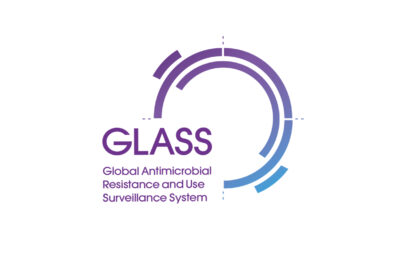WHO AMR CC Network
Coordination of WHO AMR Surveillance and Quality Assessment Collaborating Centres Network
Short Description
The WHO AMR Surveillance and Quality Assessment Collaborating Centres Network (“WHO AMR CC Network”) aims to reduce drug-resistant infections, also known as Antimicrobial Resistance (AMR), through improved collection and reporting of AMR data worldwide.
AMR is a significant global threat. International cooperation such as expertise and resource sharing is critical to building capacity to prevent and control AMR worldwide. As part of its efforts to address this growing problem, the World Health Assembly agreed to pass resolution WHA68.7 has established the Global Antimicrobial Resistance und Use Surveillance System (GLASS). GLASS promotes a standardised approach to the collection, analysis and sharing of AMR data on a global level. A strengthened evidence base can be used to inform decision making on AMR-relevant policy and practice.
Members of the WHO AMR CC Network, called WHO Collaborating Centres, cooperate with the WHO to support the development and implementation of GLASS. In particular, the WHO AMR CC Network Low-and Middle-Income Countries in capacitybuilding to develop and implement AMR surveillance. The WHO AMR CC Network aims to achieve this through strengthened coordination between members and amongst other stakeholders active in AMR surveillance-related activities, as well as through practical implementation of collaborative projects. Members communicate regularly through email communications, teleconferences and annual face-to-face meetings.
The Robert Koch Institute (RKI) is the new coordinator of the WHO AMR CC Network and will ensure the effective delivery of the Network’s projects, the success of the exchanges within the Network, and the strategic alignment amongst all relevant partners.
The RKI is also responsible for several specific WHO AMR CC Network workplan activities, including, namely the development of a protocol for the integrated surveillance of nosocomial infections and AMR in collaboration with other WHO regional partners.
Facts
Aims of the Project
The project aims to ensure the effective coordination of the WHO AMR CC Network as well as the workplan activity, including the development of a protocol for the integrated surveillance of nosocomial infections and AMR. The purpose of the Network is to support GLASS, a standardised global system for the collection and analysis of data on AMR.
The goals of the WHO AMR CC Network are as follows:
- Cooperate on activities to strengthen the laboratory, clinical and epidemiological capacities of countries to develop and implement AMR surveillance
- Support the establishment of national reference laboratories for AMR and supranational laboratories to serve as a reference for testing unusual resistance and AMR quality programmes
- Support the development of IT and epidemiological tools for global AMR surveillance
- Assist in the coordination of epidemiological analyses and report development
Last update: July 2021

